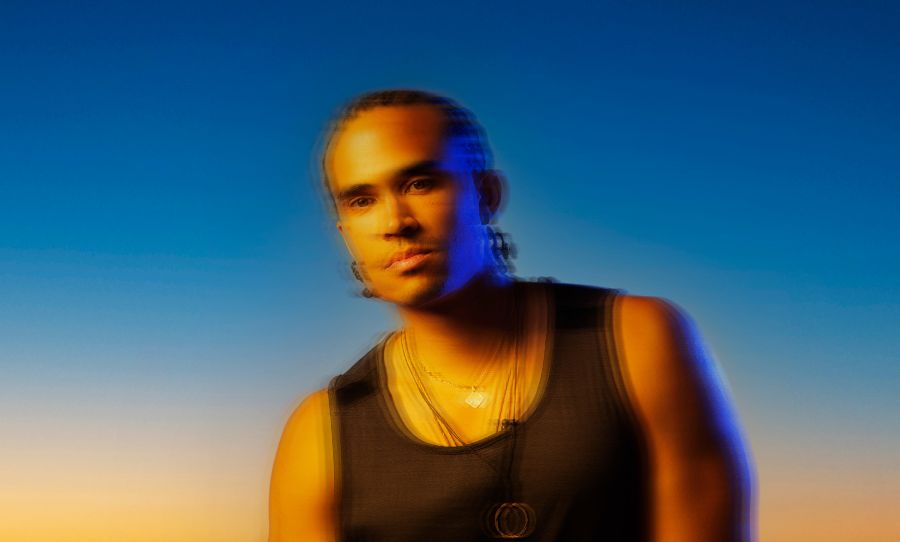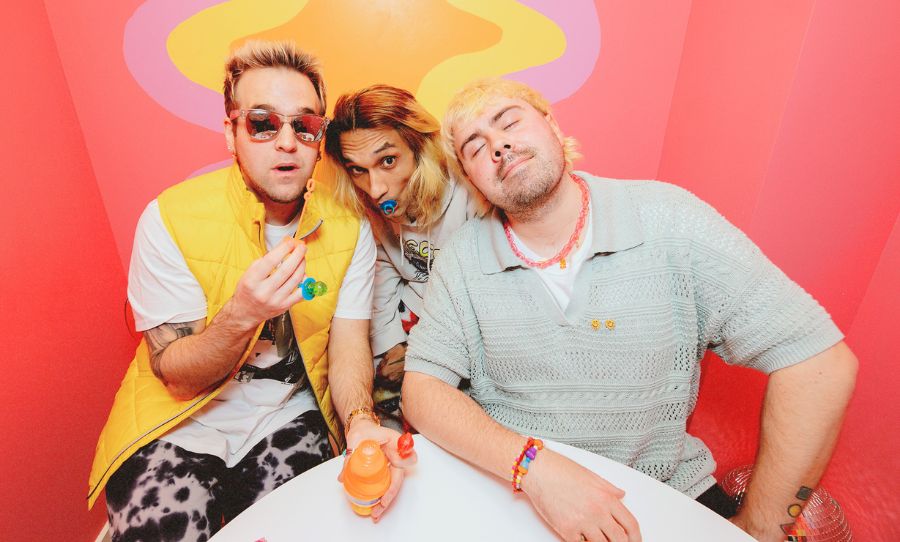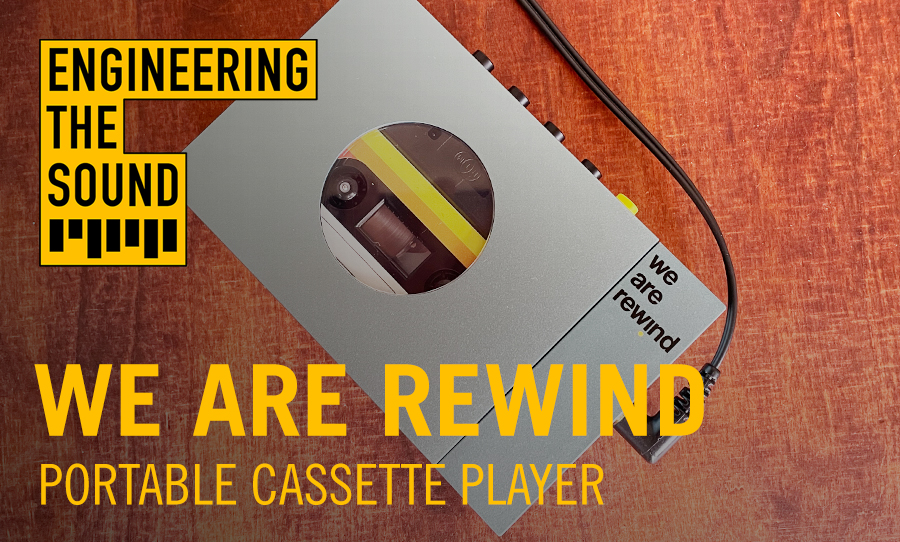The power of Milan’s music lies not only in its enchanting sounds but also in its role as a tool for healing.
‘ethos pathos logos’ is the stunning album from Milan André Boronell; an explorative and transformative work that will transport you to an ethereal wonderland. Boronell’s artistry goes far beyond the captivating melodies and soulful lyrics of his music.
Milan uses his talent and platform to create a profound impact on the lives of young indigenous individuals across Canada. He advocates for the work required in the ongoing process of uplifting and supporting indigenous youth, and why providing them with the tools they need to have their voices heard and their stories shared is so important.
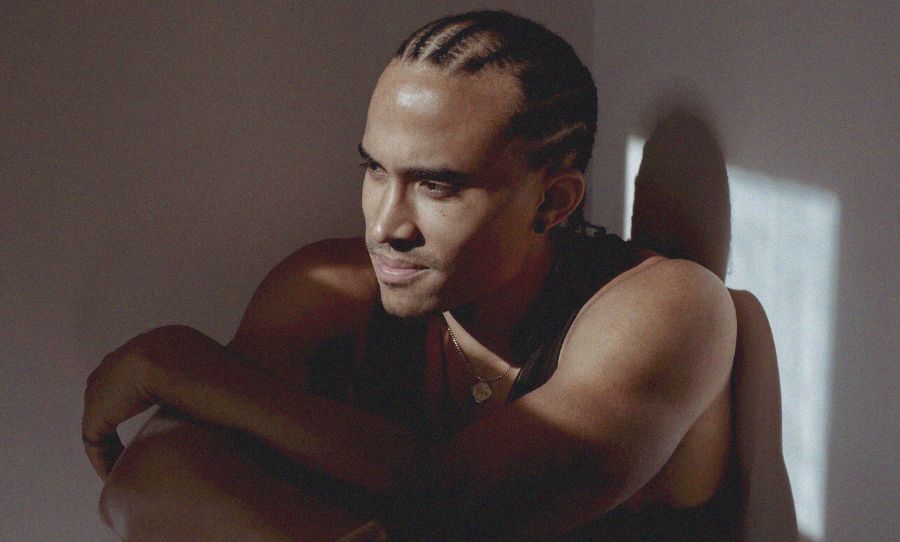
Indigenous communities carry the weight of deep-rooted trauma, both intergenerational and from ongoing experiences. Art, including music, can play a significant role in addressing and mending this trauma.
Through the music projects with indigenous youth, a space is created for them to express their feelings and emotions—a channel that may have been elusive to many of them before.
The process of creating and sharing music becomes a beautiful, communal, and ceremonial way for these youth to continue their healing journey.
As Milan encourages others to educate themselves about Canada’s colonial history and the ongoing struggles faced by indigenous peoples, his contribtion as a producer becomes an inspiring act of reconciliation.
Helping young individuals rediscover their culture, heritage, and sense of identity plays a vital role in the process of healing and rebuilding indigenous communities.
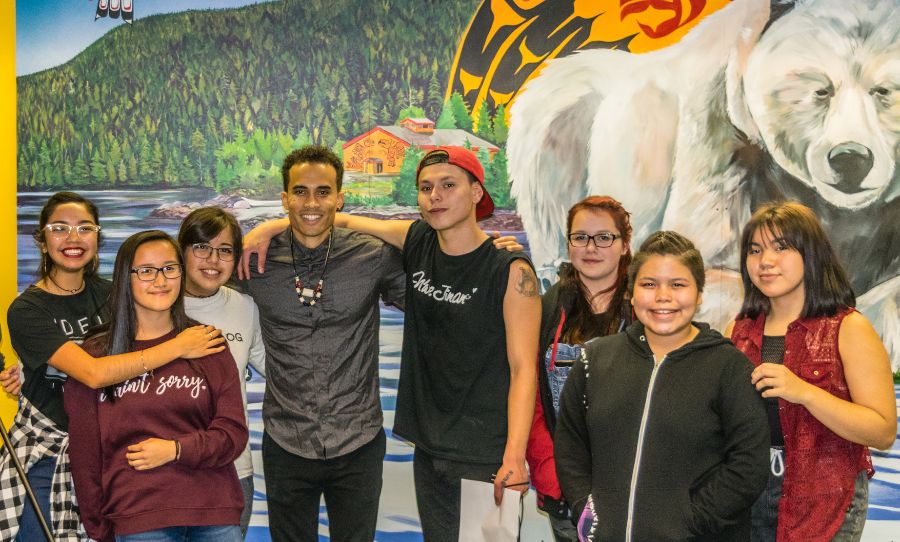
His latest album, ‘ethos pathos logos,’ is a testament to his commitment to artistry. Composed over several years and recorded in multiple countries, the album reflects his diverse experiences and influences.
It is a testament to the importance of cultural exchange and collaboration in nurturing creativity and forging connections with others. By immersing himself in different environments and engaging with diverse communities, Milan brings a unique perspective to his music.
Milan André Boronell lends his talents to provide a platform for indigenous youth to express themselves through music and art, to transform lives, build bridges between cultures, and contribute to the healing of deep-rooted traumas.
Below Milan André Boronell shares insights into the work he is a part of, so read along to learn about the vital importance of creating a space for music to shine.
In 2018, I started working for an indigenous arts programming organization, that was founded by friend, called inPath and its umbrella organization N’we Jinan which is a Cree phrase, roughly meaning ‘this is our home’.
These organizations hire artists to do residencies and workshops based on their art practice; teaching, collaborating and creating a project with indigenous youth all over Canada. I go into communities and do songwriting, recording and music production residencies and projects.
Sometimes I stay for up to 6 weeks and make a whole album and other times I travel with a videographer for short 4 day music video projects, where we create an original song and music video in 4 days with a small group of youth.
I’ve worked with indigenous kid’s aged 4 to over 18. I have facilitated, produced and co-written over 100 songs with dozens of youth in more than 20 schools over the past 5 years. Here are a few links to albums and music videos:
Nemaska, Quebec – Elementary Album (2022)
BRAND NEW compilation album of all music video projects from the last 3 years (2023)
I produced/co-produced 17 of these songs.
This work has completely changed my life. Up until 2018, I was ignorant to Canada’s colonial history and the genocide of indigenous peoples and cultures. I now have an awareness that has changed the way I relate to Canada and indigenous people.
Similar to the indigenous people’s of Australia, Canadian native people have lived on this land for thousands of years, in a sustainable way. Colonizers from Europe came with the eventual goal of getting rid of all indigenous people and stripping them of nearly all their rights.
Those that remained were to be assimilated. There is so much I could share about the atrocities committed to indigenous people over the last 500 years and the on going ones.
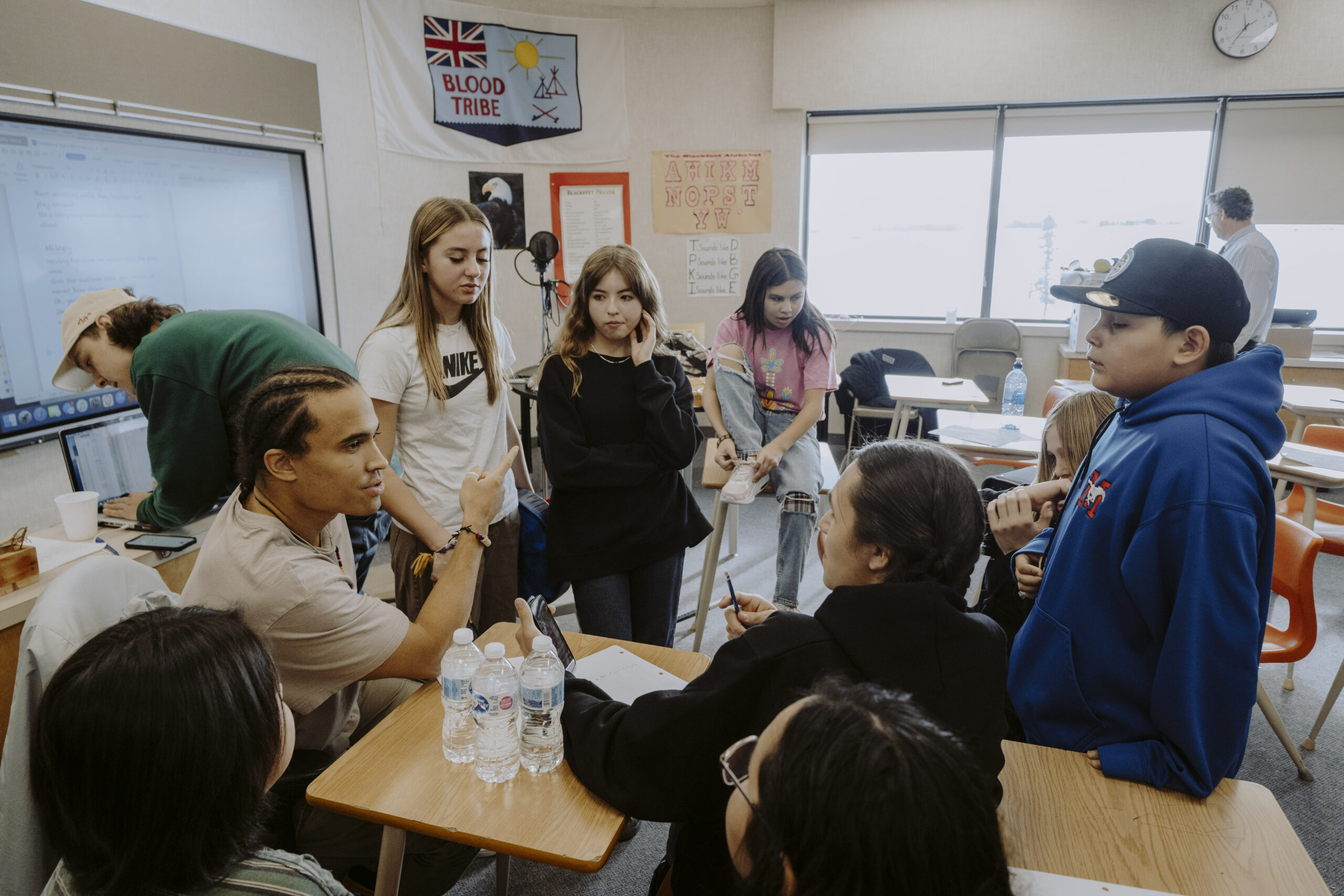
I deeply encourage everyone to try and educate themselves to eradicate ignorance. One easy form of reconciliation, for everyone that is living on and benefiting from indigenous land, is to learn what traditional territories you live on. Acknowledging the land is a simple but powerful way to recognize that you are on land that was stolen and is a part of a traditional indigenous territory. I am from and live in Tiohtià:ke (roughly pronounced jo-jaw-gay) also known as Montreal, which is on various traditional territories, including the Kanien’kéha Nation and Anishinaabeg peoples.
An indigenous youth worker from the Tahltan Nation in northern British Columbia once told me that art plays a huge role in healing trauma. Indigenous people are living with deeply rooted, trauma; both intergenerational trauma and ongoing new traumatic experiences.
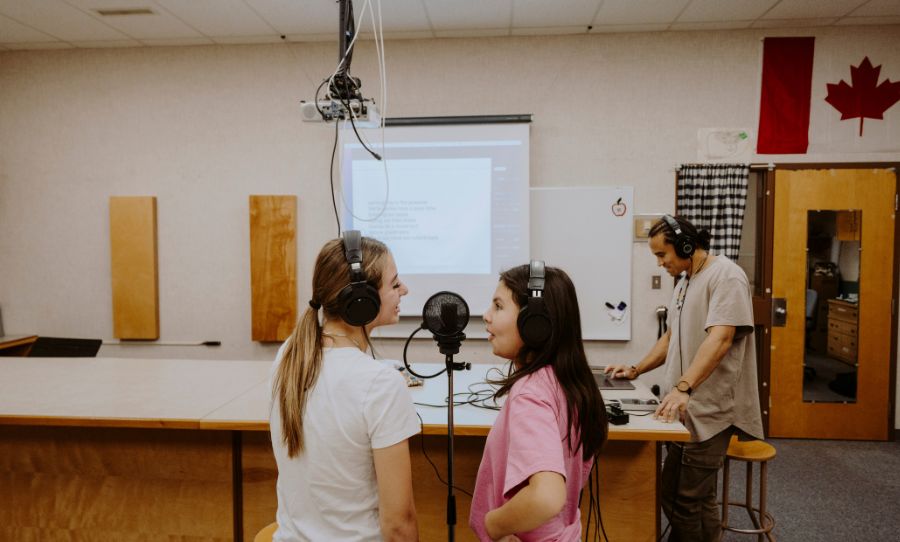
These music projects help these youth heal. Most of the youth I work with have rarely, if ever, expressed their feelings to anyone. Music is a beautiful, communal, and traditionally ceremonial, way for us to continue healing.
I’ve written and recorded many of my songs in my free time while working with these youth all over the country, which has contributed to my own personal healing.
I am endlessly grateful to be a part of these songs. Endlessly grateful to play a small role in reconciliation. Endlessly grateful to get to know these youth. And above all, forever grateful to continue learning.
Listen to ‘ethos pathos logos’ and support the amazing work of the organizations inPath and its umbrella organization N’we Jinan.
